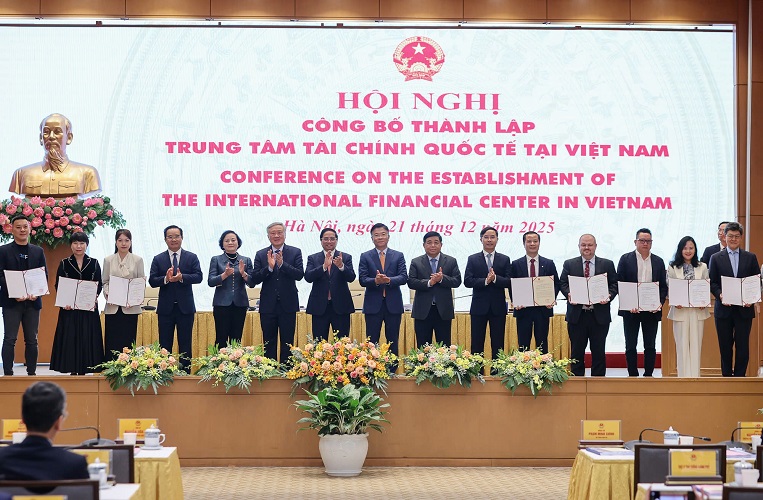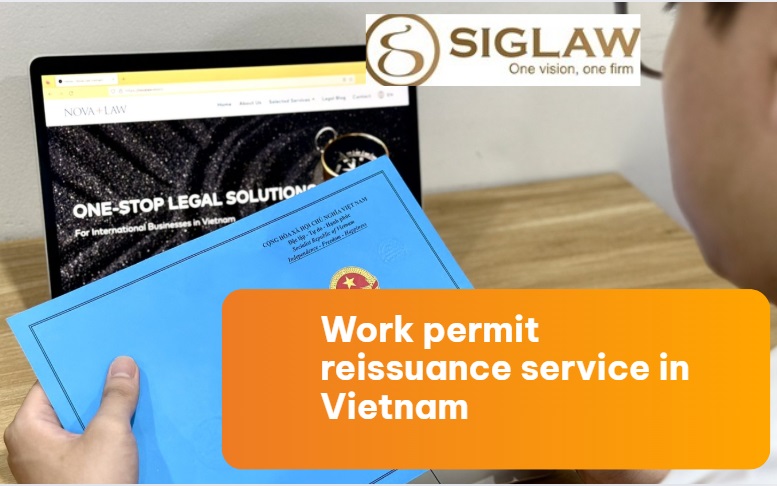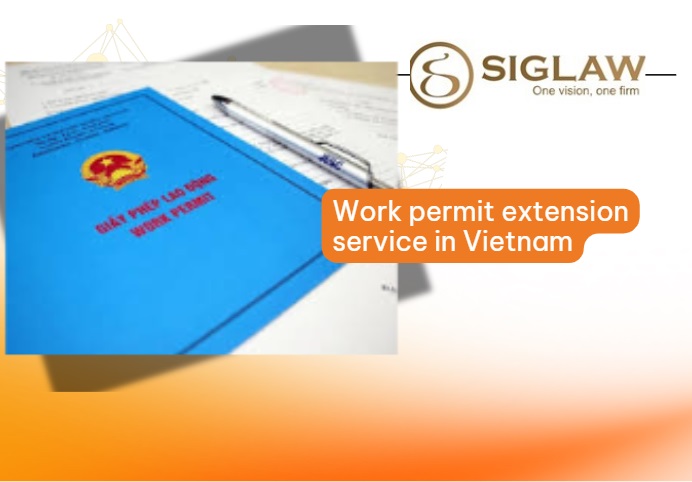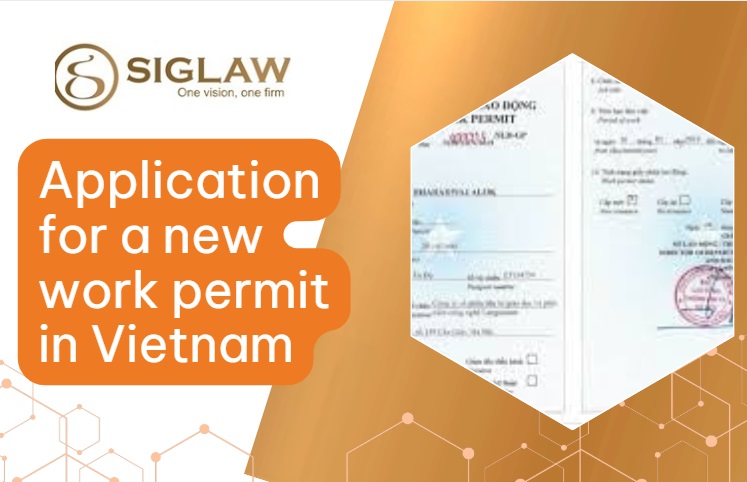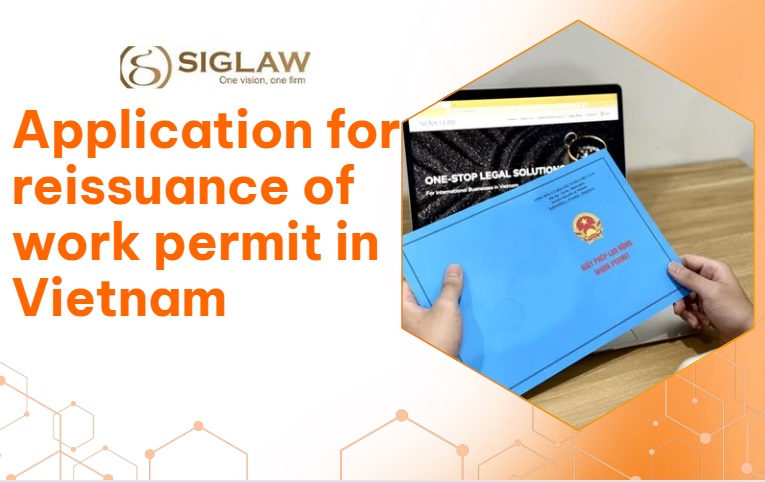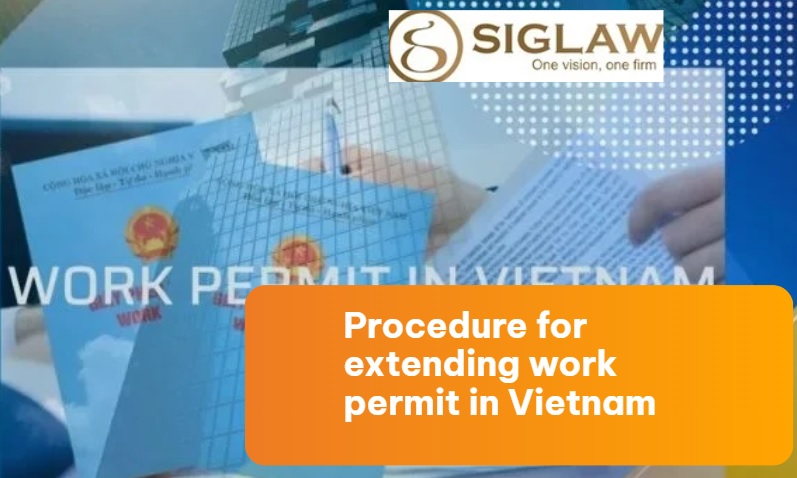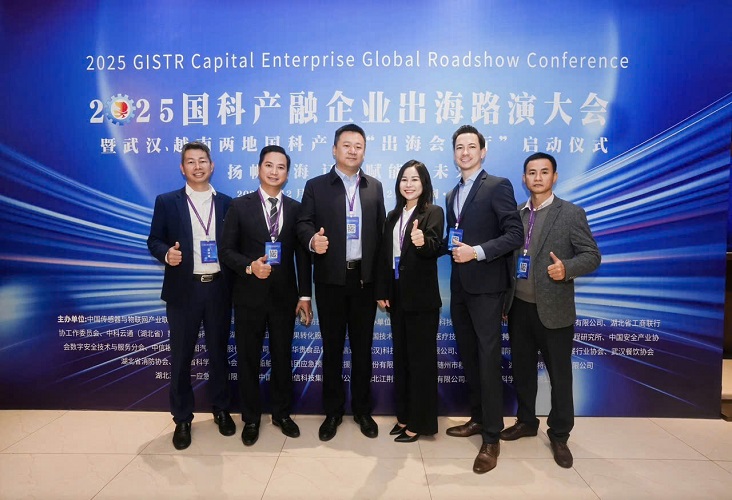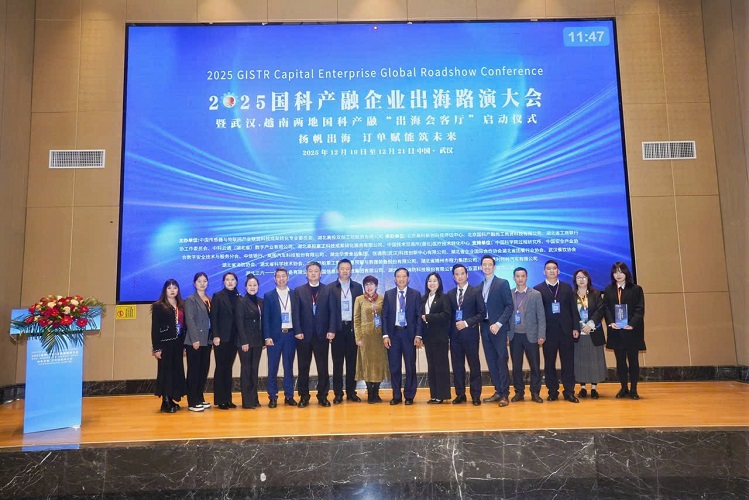HUMAN RESOURCE CONDITIONS FOR FOREIGN-INVESTED LOGISTICS COMPANIES IN VIETNAM
When establishing a logistics company in Vietnam, investors will have to comply with the general conditions for foreign investors as well as the specific conditions of this industry. Logistics is a special industry in Vietnam, so it will require many strict conditions for each specific category, especially the conditions on human resources. So what are the conditions on employees of foreign-invested logistics companies in Vietnam? Let’s find out in the article below.
Level of market access, openness to investment in the logistics industry in Vietnam for foreign investors.
The survey was recorded in 2022 by Cushman & Wakefield on more than 200 senior representatives of leading investment companies in the world on which countries are prioritized for investment in the logistics industry. Result has found, Vietnam ranked first and second (equivalent to nearly 80% of the votes) as the investment destination of the above representatives. In addition, despite decreasing investment yields, there is still a high percentage of investors who believe that the logistics industry has not met the market demand, specifically 35%.
The interest of foreign investors in the logistics sector in Vietnam continues to attract a large number. One of the foreign countries interested in investing in logistics in Vietnam is enterprises from the United States. According to the Ministry of Industry and Trade recorded in August 2023, the United States is interested in investing first in port infrastructure, logistics centers specializing in agricultural products, aviation or chemicals. Therefore, on August 1, 2023, the Department of European-American Markets (Ministry of Industry and Trade) held an online discussion with the content “Increasing the competitiveness of Vietnam’s logistics activities with the US market”.
According to Mr. Tran Thanh Hai (Deputy Director of the Import-Export Department), Vietnam’s import-export activities are being negatively affected by inflation and reduced demand for logistics in the world. Vietnam joined the WTO, has a policy of opening the logistics service market to foreign companies, helping to attract almost all major logistics companies in the world to operate in Vietnam. Logistics services are a very broad industry, from receiving goods, transporting, storing, storing, customs clearance, other paperwork, customer consulting, packaging, marking, delivery or other services related to goods according to agreements with customers.
Therefore, the level of market opening is also different. For example: passenger transport (except domestic transport), Vietnam allows foreign investors to establish joint ventures with domestic passenger transport companies, and are allowed to work on ships flying the Vietnamese flag. However, there is a restriction that the foreign capital ratio cannot exceed 49% of the legal capital of the joint venture, and the number of foreign crew members cannot exceed ⅓ of the ship’s staff. It can be seen that, according to the WTO Commitments Schedule, Vietnam allows foreign investors to have a fairly diverse capital contribution ratio, from less than 49% to 100%, depending on the industry.
Mr. Hai also said that in the coming time, the Vietnamese logistics service market continues to promise to generate abundant profits due to the rapid growth of the Vietnamese economy and large volume of manufactured products, leading to high demand for logistics services.
Human resource requirements for foreign-invested logistics companies
Legal status of foreign investors
Foreign investors: If the investor is an individual, they must have full civil capacity. If the investor is an organization must have a business registration certificate certified by a consulate and must be an individual with the nationality of a WTO member country.
Vietnamese enterprises: must have legal status.
Capital ratio of investors
The logistics industry is not a single small industry, but a field that includes many different specific activities and industries. So the conditions of this industry are also very diverse and complicated. But in general, the capital contribution ratio of foreign investors can be distinguished in the table below according to Vietnam’s WTO Commitments on Services and Decree 163/1027/ND-CP.
| Industry code | Industry | Investment form | Maximum capital contribution ratio of foreign investors |
| CPC 7211, 7212 | Freight transport services under maritime transport services (except domestic transport) | Establishing companies operating fleets flying the Vietnamese flag or contributing capital, purchasing shares, capital contributions in Vietnamese-owned enterprises | 49% |
| CPC 7411 | Container handling services (supporting maritime transport) | Establishing joint ventures with Vietnamese investors or contributing capital, purchasing shares, capital contributions in Vietnamese-owned enterprises | 50% |
| Container handling services under services supporting all modes of transport, except services provided at airports | Establishing joint ventures with Vietnamese investors or contributing capital, purchasing shares, capital contributions in Vietnamese-owned enterprises | 50% | |
| Customs clearance services under maritime transport support services | Establishing joint ventures with Vietnamese investors or contributing capital, purchasing shares, capital contributions in Vietnamese-owned enterprises | No limitation | |
| Bill of lading inspection services, freight brokerage services, cargo inspection, sampling and weighing services; goods receipt and acceptance services; Transport document preparation services | Establishing a joint venture with a Vietnamese investor or contributing capital, purchasing shares, capital contributions in a Vietnamese-owned enterprise | No limitation | |
| CPC 7222 | Cargo transport services (inland waterway) | Establishing a joint venture with a Vietnamese investor or contributing capital, purchasing shares, capital contributions in a Vietnamese-owned enterprise | 49% |
| CPC 7112 | Cargo transport services (railway) | Establishing a joint venture with a Vietnamese investor or contributing capital, purchasing shares, capital contributions in a Vietnamese-owned enterprise | 49% |
| CPC 7123 | Cargo transport services (road) | Establishing a joint venture with a Vietnamese investor or contributing capital, purchasing shares, capital contributions in a Vietnamese-owned enterprise | 51% |
| CPC 742 | Warehouse services | Establishing a 100% foreign-owned enterprise or joint venture or contributing capital, purchasing shares, capital contributions in a Vietnamese-owned enterprise | 100% |
| CPC 748 | Freight forwarding agency services | Establishing 100% foreign capital or joint venture or contributing capital, purchasing shares, capital contributions in Vietnamese-owned enterprises | 100% |
| CPC 7512 | Delivery services | Establishing 100% foreign capital or joint venture or contributing capital, purchasing shares, capital contributions in Vietnamese-owned enterprises | 100% |
It should be noted that if foreign investors have many international treaties regulating the conditions for logistics business, they can choose the international treaty to comply with.
In addition, if foreign investors want to provide many logistics services, the foreign investor’s capital contribution ratio must be the lowest ratio among the services they want to provide. For example, foreign investors want to provide the following services:
- Delivery services (allowing 100% foreign capital)
- Container loading and unloading services (supporting maritime transport) (allowing up to 50% foreign capital)
- Cargo transportation services belonging to maritime transport services (except domestic transport) (allowing up to 49% foreign capital)
- So at this time, the foreign capital ratio of the investor is only allowed to be a maximum of 49%.
Foreign investors also need to pay attention to the logistics industry that foreign investors are not allowed to invest in, including: pipeline transport; Inspection and certification services for means of transport (for technical inspection and analysis).
Number of employees
| Industry code | Industry | Number of foreigners |
| CPC 7211, 7212 | Cargo transportation services under maritime transport services (except domestic transport) | Total number of foreign crew members not exceeding ⅓ of the ship’s staff |
| CPC 7411 | Container handling services (supporting maritime transport) | No restrictions |
| Container handling services under services supporting all modes of transport, except services provided at airports | ||
| Customs clearance services under maritime transport support services | No restrictions | |
| Bill of lading inspection services, freight brokerage services, cargo inspection, sampling and weight determination services; goods receipt and acceptance services; Transport document preparation services | ||
| CPC 7222 | Cargo transport services (inland waterway) | No restrictions |
| CPC 7112 | Cargo transport services (railway) | No restrictions |
| CPC 7123 | Cargo transport services (road) | Joint venture drivers must be 100% Vietnamese citizens |
| CPC 742 | Warehouse services | No restrictions |
| CPC 748 | Cargo transport agency services | No restrictions |
| CPC 7512 | Express delivery services | No restrictions |
Professional conditions
For the Freight transport service industry belonging to the maritime transport service (except domestic transport) (CPC code 7211, 7212), Decree 160/2016/ND-CP stipulates quite specific professional conditions for personnel:
- The person in charge of the maritime safety and security management system must be trained, coached and granted a certificate according to the regulations of the Minister of Transport;
- The person in charge of the department managing business activities and maritime transport exploitation must have a college degree or higher in one of the following majors: maritime, foreign trade, commerce or economics;
- The person in charge of the department performing legal work must have a college degree or higher in the major of law;
- Seafarers working on ships must fully meet professional standards, health standards and be granted a professional certificate according to regulations. Vietnamese crew members must meet all professional standards, be granted professional certificates as prescribed by the Minister of Transport; and meet health standards as prescribed by the Minister of Health.
On the other hand, other logistics industry codes in Vietnam have not been specifically regulated like that. Foreign investors should consult experts at state agencies, legal consultants, lawyers, etc. to get more detailed advice on these industries.
Phone: (+84) 961 366 238
Email:
- vphn@siglaw.com.vn
- vphcm@siglaw.com.vn
Headquarters: No.44/A32-NV13, Gleximco A, Le Trong Tan street, An Khanh, Hoai Duc, Ha Noi, Vietnam.
Southern branch: No.103 – 105 Nguyen Dinh Chieu Str., Xuan Hoa Ward, Ho Chi Minh.
Central branch: VIFC DN – ICT Building Software Park No. 2, Nhu Nguyet Street, Hai Chau Ward, Da Nang City
Facebook: https://www.facebook.com/hangluatSiglaw



